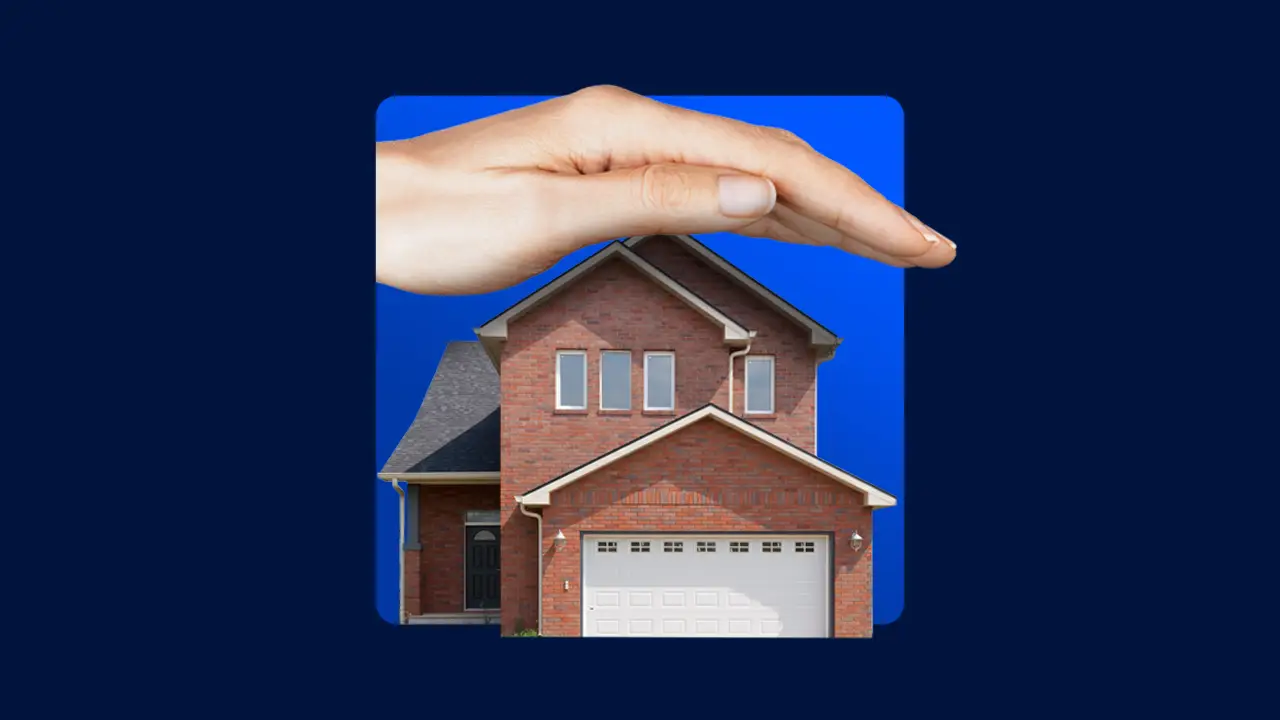Building a home is an exciting milestone, but it comes with complex risks that require careful insurance planning. Whether you are constructing your dream home from scratch or undertaking a major renovation, understanding the insurance considerations when building a home is essential to protect your investment, manage liabilities, and ensure peace of mind throughout the construction process.
Why Insurance Is Crucial During Home Construction
Home construction projects inherently carry more risks than purchasing an existing home. From accidents on-site to material theft and structural damage, the exposure to financial loss is significant. Without proper insurance, a single incident could cause delays, additional costs, or legal disputes.
Insurance coverage tailored for the building phase bridges the gap between construction risks and long-term homeowner protection. It shields you against potential losses until your home is fully completed and ready for occupancy.
Key Types of Insurance to Consider When Building a Home
Navigating insurance for new construction requires understanding various policies designed to cover specific risks at different stages. Below are the fundamental insurance types to consider:
1. Builder’s Risk Insurance
Builder’s risk insurance is a specialized policy that protects the structure, materials, and equipment during the building process. It covers damage caused by fire, storms, vandalism, theft, and other unexpected events. This insurance is typically purchased by the contractor or the homeowner and remains in effect until the project is complete.
2. General Liability Insurance
Construction sites are prone to accidents involving workers, visitors, or third parties. General liability insurance covers bodily injury, property damage, and legal expenses arising from such incidents. This insurance is vital to mitigate risks associated with on-site injuries and claims.
3. Workers’ Compensation Insurance
If you hire contractors or construction workers, workers’ compensation insurance is often legally required. It provides medical benefits and wage replacement to employees injured on the job, reducing your liability exposure as a project owner.
4. Homeowner’s Insurance With New Construction Rider
Once your home is near completion, you’ll need homeowner’s insurance tailored to new construction. Many insurers offer riders or endorsements that extend coverage during the final phases of building and early occupancy, protecting your investment from risks such as theft or structural defects.
5. Professional Liability Insurance
Errors or omissions by architects, engineers, or builders can lead to costly mistakes. Professional liability insurance (also called errors and omissions insurance) protects against claims related to design flaws, construction defects, or negligence in professional services.
Insurance Risks Unique to Home Building
Understanding the particular risks during construction helps you choose the right coverage:
- Property Damage: Materials and partially built structures are vulnerable to weather, theft, and vandalism.
- On-Site Accidents: Construction involves heavy machinery, scaffolding, and hazardous conditions, increasing injury risk.
- Delays and Additional Costs: Damage or legal claims can delay completion, causing financial strain.
- Liability Claims: Third parties visiting the site might get injured or have their property damaged.
- Contractor Default: If a contractor fails to complete work or goes bankrupt, financial protection may be needed.
Who Should Purchase Insurance When Building a Home?
The responsibility for insurance during home construction can fall to multiple parties:
- Homeowners: Often purchase builder’s risk insurance and ensure liability protection.
- Contractors: Typically maintain general liability and workers’ compensation insurance.
- Subcontractors: May carry their own insurance policies.
Homeowners should confirm insurance coverage is in place and sufficient before construction begins to avoid gaps in protection.
Tips for Securing the Right Insurance Coverage
Conduct a Thorough Risk Assessment
Identify the scope of your project, timeline, contractors involved, and site conditions. This will help determine which insurance policies are necessary.
Work With Experienced Insurers
Choose insurers and brokers specializing in construction insurance to obtain tailored advice and comprehensive coverage.
Verify Contractor Insurance
Always verify that your builder and subcontractors carry adequate insurance. Request certificates of insurance to confirm coverage.
Understand Policy Limits and Exclusions
Review insurance policies carefully to understand coverage limits, deductibles, and exclusions that might affect your protection.
Update Insurance as the Project Progresses
Construction phases change risk profiles. Ensure your insurance evolves accordingly, transitioning from builder’s risk to homeowner’s insurance when appropriate.
Benefits of Proper Insurance Planning During Home Construction
- Financial Protection: Avoid costly out-of-pocket expenses due to accidents, damages, or lawsuits.
- Regulatory Compliance: Meet legal requirements for workers’ compensation and liability insurance.
- Peace of Mind: Focus on your project knowing risks are managed.
- Smooth Transition to Homeowner Insurance: Simplify the handover when construction finishes.
In conclusion, insurance considerations when building a home are an indispensable part of project planning. By securing the right coverage at every stage, you protect your investment from unpredictable events, reduce liability, and set a solid foundation for your new home’s future.
